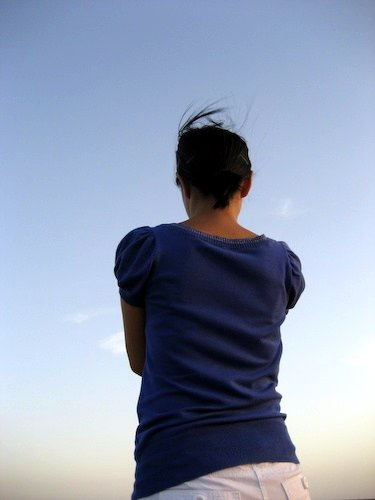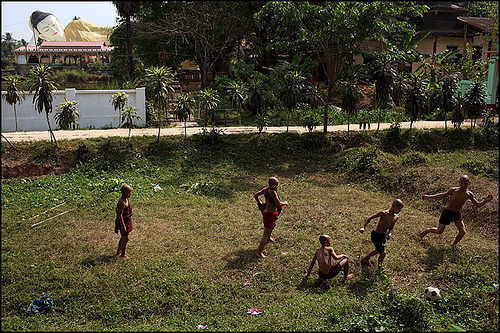I am participating in the Health Activist Writers Month Challenge, in which I publish a post every day for the month of April, based on health-related prompts.
April 18 – Open a book: Choose a book and open it to a random page and point to a phrase. Use that phrase to get you writing today. Free write for 15-20 minutes without stopping.
My random phrase comes from a book called Watermelon, written my Marian Keyes – one of my favourite chick-lit authors. The sentence I pointed to with my eyes closed was strangely appropriate. “I was no longer carrying my humiliation like a weapon.”
I am a natural-born late bloomer. I have done many things in life after most people: I was 24 before I selected a career, my first child was born when I was 33, and I finally got married at the ripe old age of 41.
Now that I am old and wise, it doesn’t bother me that I tend to lag behind other people in some respects, but when I was in high school it was a great source of embarrassment for me. Socially speaking, I was streets behind most of my classmates. I was not exactly ostracized by my peers, but I was definitely not one of the “cool kids” either.
I got invited to parties from time to time, but I always felt so awkward when I got there. While my peers were laughing and chatting effortlessly, or retreating to private corners to snog their boyfriends, I was sitting by myself trying, and failing, to look as if I belonged. I could only really enjoy social gatherings if my best friend was there too. My best friend was the one who stopped me from drowning completely, and bless her heart, she is still my best friend today.
I had a couple of half-hearted boyfriends as a teenager, but compared to my classmates, I was geeky and socially inept. At an age where people are desperate to fit in and be accepted by their peers, it was painful. I was an unhappy teenager, although I never really admitted that to anyone.
When I graduated from high school, I went to a university 1400km away from my hometown. I figured that being among people I didn’t know would allow me to turn myself into the person I thought I wanted to be. I had always felt slightly inadequate and I didn’t like myself very much, and I wanted more than anything to reinvent myself.
Even though I made friends at university and had some kind of reasonable social life, the truth was that I was lonely. Never really a party girl, I tried to shoehorn myself into a party lifestyle because that’s what college students did, and I wanted so badly to fit in. And so I found myself immersed in a social group who were a laugh to be around, but I yearned meaningful contact. In those days before the Internet made the world a smaller place, I was not able to confide in my best friend. When waves of depression hit me, I had to get through them alone, with no-one to talk to.
And so, when a man started paying attention to me in my second year, I was flattered enough to fall for him. I do not want to share the details, but I will say that the whole thing was an absolute disaster from beginning to end. I was immersed in a situation that I had no ability to deal with.
The effect on my life was catastrophic. It was as if my future had been mapped out for me, and then a tsunami had come along and wiped everything away, changing the landscape of my life.
I floundered in the wake of this personal disaster. I completely lost all sense of who I was and what I wanted. I vacillated between depression and anger, and I blamed myself for having allowed my life to veer so far off the course I had planned. I drifted for a while, literally and metaphorically, and eventually washed up in a career, albeit one far away from what I had originally wanted.
One day, after having carried around the baggage of my past experiences for twenty years, I looked around me at all I have today. I have a solid job and my dream to be a paid writer is starting, in small but definite increments, to come true. I can run half-marathons in spite of not having a “typical” runner’s body. I managed to move halfway across the world and establish myself in a place I had never been to. I have a husband and two miraculous children. Although I make my mistakes, I think I’m doing well as the parent of a child with autism.
That tsunami that had swept so much away also created a new landscape with new paths for me to follow and new goals to shoot for.
This realization, when it hit me, was like a breath of fresh air. Although some scarred remained, I was no longer carrying the humiliation like a weapon.
For the first time, I felt that I owed it to myself to try to heal.
(Photo credit: http://www.flickr.com/photos/kudumomo/3140538425/. This picture has a creative commons attribution license.)











